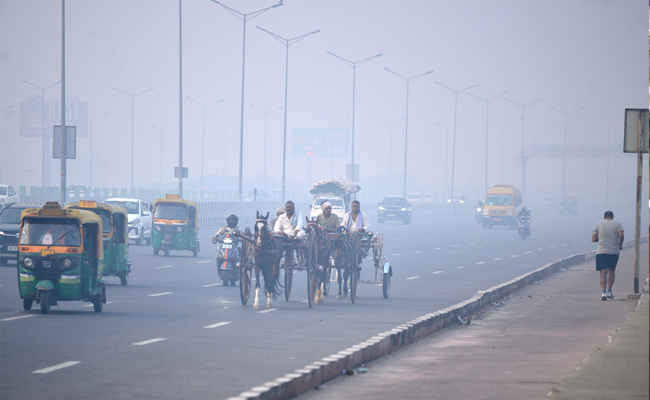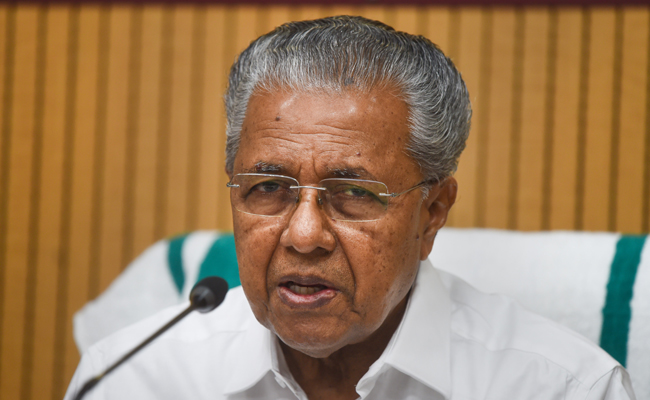Sullia: At Kallarpe in Kodyala village, a woman named Jayabharati (56) succumbed to her injuries after her brother-in-law allegedly doused her in petrol and set her on fire. The incident occurred on October 12, and Jayabharati, who sustained severe burns, passed away in hospital on Thursday.
According to reports, on the night of October 12, Shankar Nayak, Jayabharati’s husband’s elder brother, allegedly poured petrol through her bedroom window while she was asleep and ignited it. Both were injured in the incident, with Jayabharati suffering 80% burns. She was initially admitted to a hospital in Sullia before being transferred to Mangaluru for further treatment, where she ultimately succumbed to her injuries.
Jayabharati’s husband, Janardhan Nayak, had passed away around a year and a half ago. Recently, her son had moved abroad, leaving Jayabharati and Shankar Nayak as the only residents in the house. Shankar, who reportedly suffers from paralysis in one arm and leg, depended on Jayabharati for food and medicine. Despite her care, it is believed Shankar harboured resentment towards her. Police have taken Shankar Nayak into custody.
A case has been registered at the Bellare Police Station.
Let the Truth be known. If you read VB and like VB, please be a VB Supporter and Help us deliver the Truth to one and all.
New Delhi (PTI): As air pollution levels spike in many cities, the government has urged all states to enhance their preparedness and strengthen the capacity of healthcare workforce to tackle the menace which is likely to worsen in the festival season and onset of winter.
The Union Health Ministry has also urged the public to use public transport and avoid heavily congested areas.
In a letter to states and UTs, Director General of Health Services (DGHS) Dr Atul Goel has advised them to discourage stubble and waste burning and spread awareness among people about reducing firecrackers during festivities, promoting public transportation, limiting reliance on diesel-based generators, and curbing smoking.
"Additionally, individuals should be advised to minimise their exposure to polluted air by monitoring air quality indices through government mobile applications before venturing outdoors, avoiding heavily congested areas, and opting for cleaner fuels at home for cooking, heating, and lighting," Dr Goel said in the letter written last week.
He said air pollution has recently become a serious health challenge, with the Air Quality Index (AQI) in certain states/UTs reaching moderate to poor levels.
This may even worsen considering the upcoming festive season and onset of winter, he said.
Air pollution is a significant contributor to acute health conditions and exacerbates the progression of chronic diseases affecting the respiratory, cardiovascular, and cerebrovascular systems. These chronic illnesses, attributed to prolonged exposure to air pollution, often lead to an increase in premature mortality.
The adverse effects are particularly severe for vulnerable groups such as children, pregnant women, the elderly, individuals with pre-existing health conditions, and those who face higher exposure risks due to their occupations, such as traffic police officers and municipal workers, Dr Goel said.
"In light of this, I urge the state health departments and healthcare facilities to enhance their preparedness. This should include intensifying public awareness campaigns, disseminating targeted messaging through designated mass media channels in regional languages, strengthening the capacity of the healthcare workforce, and scaling up participation in sentinel surveillance systems for air pollution-related diseases under the National Program on Climate Change and Human Health," he said.
He also stressed on raising public awareness about actions to prevent further degradation of air quality at this critical time.
These include discouraging stubble and waste burning, reducing firecrackers during festivities, promoting public transportation over personal diesel- or petrol-powered vehicles, limiting reliance on diesel-based generators, and curbing smoking.
He said outdoor activities such as sports and exercise should be restricted, especially for vulnerable populations like the elderly, pregnant women, and those with pre-existing conditions such as respiratory and cardiovascular diseases.
Those experiencing worsening symptoms or discomfort due to poor air quality should seek immediate medical attention.





